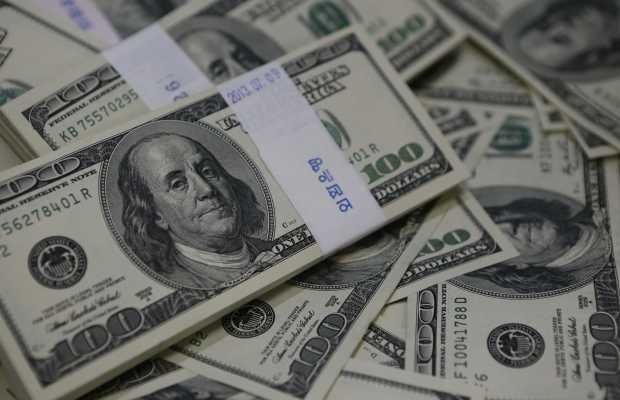Could the US cheat its way around the debt ceiling?

As equities market move lower as the US enters its eighth day of shutdown, we're seeing no signs of a crash ahead of the US hitting the debt ceiling on 17 October.
Are investors convinced that politicians will strike a deal, or do they have confidence in a workaround being floated by economics wonks – the idea of debt interest prioritisation?
Simply put, this would see the US Treasury pay its bills selectively, favouring debt interest payments before others, in order to avoid a default.
In normal circumstances the Treasury pays invoices as they're submitted. The Treasury makes around four million payments a day – it's not hard to believe that their systems don't allow them to set a priority on which they pay first. There might be other technical difficulties.
Credit Suisse suggests that this option could still work:
There is a clear unwillingness to prioritize payments, and doing so would be politically messy, but if push comes to shove and Congress cannot strike a deal in time, the ability to pick and choose who gets paid does exist, if only on a broad basis. In 2011, the press reported that there was some contingency planning going on, but the details of those plans were unknown.
To give a sense of what might be at risk, we note that payments from last year on the date corresponding to our projected deadline were $112.6bn, with much of that concentrated in the $99bn in bills (this year, the maturing bills will be $93bn).
And Goldman Sachs don't think the idea is totally mad. They point out that ahead of the 1985 debt limit increase:
The GAO advised the Senate Finance Committee that the Treasury had the authority to choose the order in which to pay obligations.
And that:
Prioritization did occur previously, following expiration of a temporary increase in the debt limit on July 1, 1957.
But top bankers have warned the Obama administration that a move to pay interest on debt before obligations such as Social Security and payments to veterans would pose severe risks to financial markets and the economy, according to the Wall Street Journal.
There are other political rammifications too of course. Such a change would shift spending authority from Congress to the President. Back in May the White House said that it would veto legislation that would prioritise debt payments.
We've become used to gimmickry being floated as solutions to the debt ceiling rule when it looms – remember the trillion dollar coin that some in Washington thought could be printed? Economist Brad DeLong is endorsing that approach again.